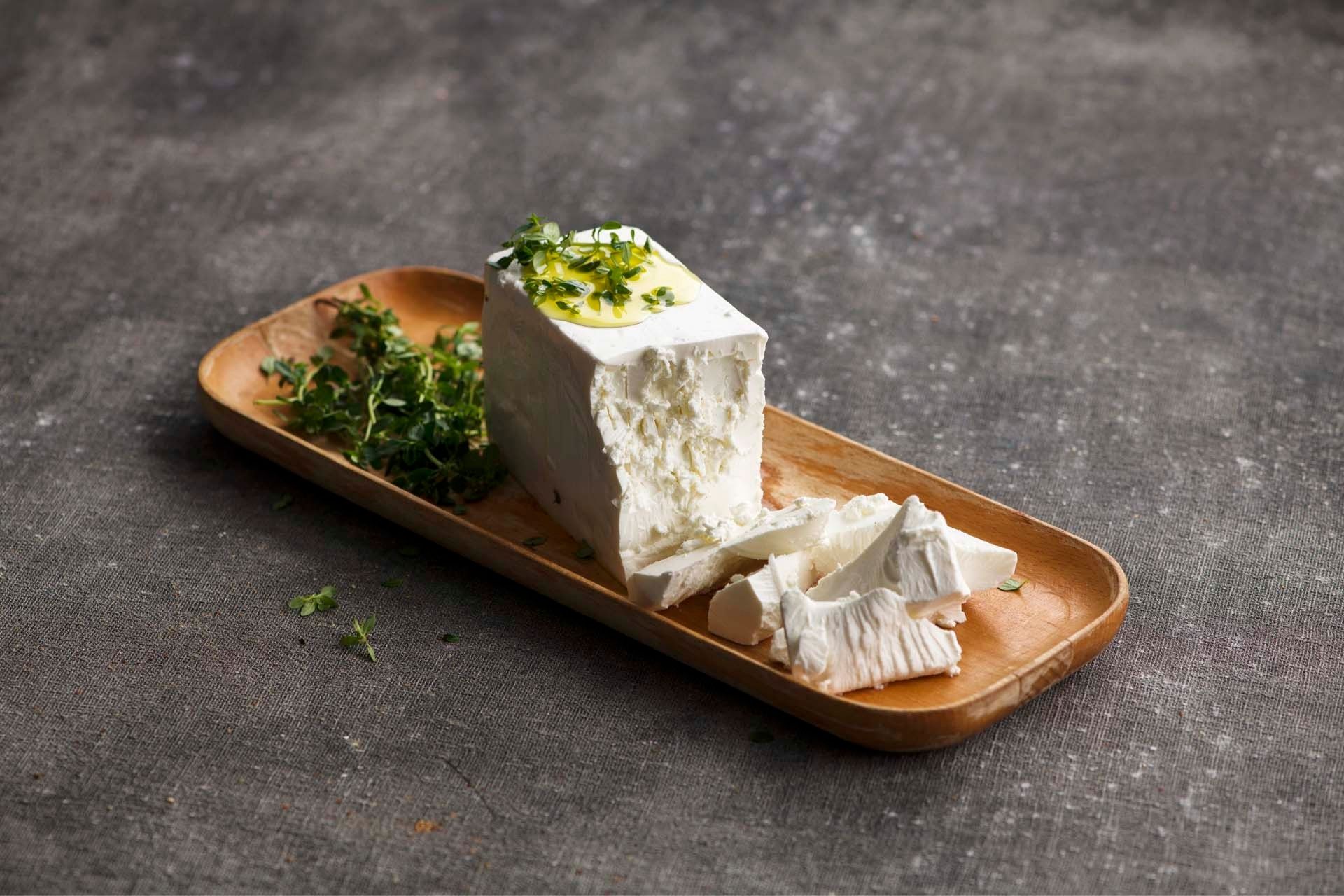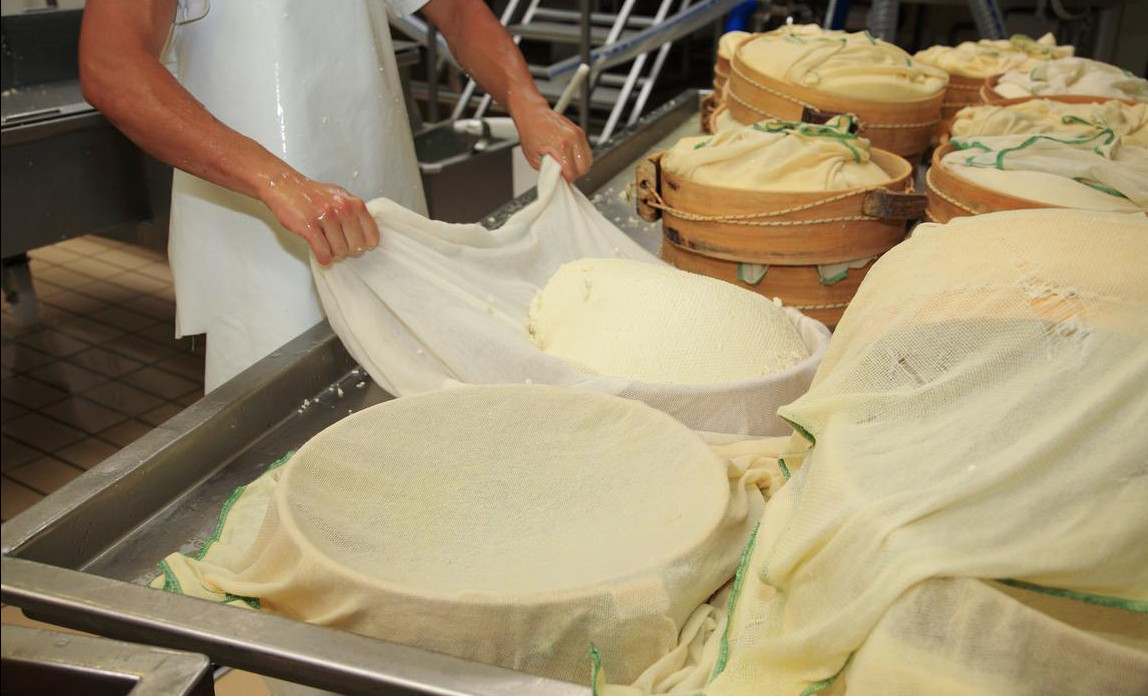Purchase Top Quality Cheese for Sale Online Melbourne's Finest
Purchase Top Quality Cheese for Sale Online Melbourne's Finest
Blog Article
Discovering the Art of Cheese Manufacturing: Techniques, Processes, and Developments in the Dairy Products Industry
The expedition of cheese manufacturing incorporates a varied selection of methods and procedures that show both historical traditions and contemporary advancements within the dairy sector. By checking out the detailed art of fermentation, aging, and modern-day manufacturing methodologies, one gains understanding into just how artisans and large-scale manufacturers alike adjust to progressing customer choices and sustainability difficulties. As we consider the effects of these advancements, it becomes vital to examine exactly how they will form the future landscape of cheese and its role in our diet regimens and cooking methods.
History of Cheese Making
Mapping its origins to old people, the background of cheese making exposes an abundant tapestry of social and technological advancement. Evidence suggests that cheese manufacturing go back over 7,000 years, with historical findings from areas such as Mesopotamia and the Indus Valley showcasing early dairy products practices. These cultures utilized milk from tamed animals, and with all-natural processes of fermentation and coagulation, they generated fundamental types of cheese.
As worlds proceeded, the art of cheese making became a lot more refined. The ancient Egyptians and Greeks recorded their methods, which included a selection of milk sources and varied techniques for aging and flavoring cheese. The Romans further advanced cheese manufacturing, exporting their understanding throughout Europe, which resulted in regional adjustments and special varieties.
The Middle Ages observed the establishment of abbeys as centers of cheese production, where monks developed distinct dishes that mirrored local tastes and available sources. Throughout the centuries, cheese production has actually advanced, affected by variables such as location, climate, and cultural practices. This rich background not just shows the resourcefulness of very early cultures however likewise lays the structure for the diverse cheese ranges appreciated today throughout the world.
Traditional Cheese Manufacturing Techniques
Traditional cheese manufacturing techniques encompass a range of classic approaches that have been passed down with generations. These techniques, typically region-specific, reflect the one-of-a-kind cultural heritage associated with cheese-making. The procedure normally begins with sourcing top quality milk, which can differ in type depending on the wanted cheese.
Coagulation is achieved via the addition of rennet and occasionally an acid, causing the formation of curds. The curds are then reduced and carefully stirred, enabling whey to separate. This preliminary coagulation phase is crucial, as it affects the texture and dampness material of the end product.

Fermentation and Aging Processes
Fermentation and aging processes are essential to the growth of cheese, happening after the initial coagulation and pressing stages. Throughout fermentation, certain bacterial societies are introduced to the curds, helping with the conversion of lactose right into lactic acid. This acidity not just assists in curd conservation however additionally adds to the taste profile and appearance of the final item.
As the cheese ages, biochemical reactions proceed to take place, influencing its taste, scent, and appearance. Various cheeses call for varying aging periods, which can range from a few weeks to numerous years, leading to unique features.
Moreover, the visibility of mold and mildews or yeasts on the cheese surface area can better enhance taste intricacy. Blue cheeses depend on details mold societies to produce their signature preference accounts. Generally, both fermentation and aging are important in specifying the originality of cheeses, allowing craftsmens to develop a varied selection of items that provide to a large range of tastes buds.
Modern Innovations in Dairy Manufacturing
Technologies in milk production have revolutionized the cheese-making process, enhancing performance my website and item high quality. Technological developments, such as automated bleeding systems and accuracy fermentation techniques, have structured procedures and enhanced uniformity in raw milk top quality. These systems minimize labor expenses and enhance pet well-being by enabling even more comfy and efficient bleeding methods.
Furthermore, the incorporation of information analytics and IoT (Web of Points) devices has actually allowed dairy manufacturers to monitor various criteria, such as temperature level and moisture, in real-time. cheese makers melbourne. This capacity guarantees optimum conditions throughout the cheese-making procedure, causing a better final product
In addition, innovations in pasteurization approaches, consisting of high-temperature short-time (HTST) pasteurization, have not just boosted food safety however likewise protected the delicate tastes and nutrients inherent in milk.
Sustainable techniques are likewise obtaining traction, with advancements in waste monitoring and renewable resource use. Lots of producers are now taking advantage of biogas from dairy products waste, advertising environmental stewardship while all at once decreasing operational expenses.
These modern-day technologies jointly add to an extra efficient, sustainable, and high-quality cheese manufacturing process, setting new requirements in the milk industry.
Future Fads in Cheese Industry
As the cheese sector proceeds to advance, emerging fads are improving production, usage, and marketing strategies. One substantial fad is the growing demand for artisanal and specialized cheeses, driven by customers seeking special flavors and top quality ingredients. This shift is encouraging manufacturers to adopt standard methods while integrating modern-day technology for enhanced quality assurance.
Sustainability stays at the forefront of customer choices, Going Here prompting producers to discover environment-friendly techniques, such as lowering water use, enhancing energy consumption, and making use of naturally degradable product packaging materials. Furthermore, innovations in plant-based cheese options are broadening market possibilities, satisfying the boosting variety of vegan and lactose-intolerant customers.
Furthermore, digital marketing and e-commerce are changing exactly how cheese is marketed and offered, making it possible for manufacturers to connect directly with customers and tailor their offerings to particular demographics. Registration solutions and you can find out more online systems are becoming preferred channels for cheese distribution, enhancing ease of access and comfort.
Lastly, health-conscious fads are influencing cheese formulas, with manufacturers developing lower-fat, lower-sodium, and nutrient-enriched choices to fulfill consumer demands. As these patterns remain to unravel, the cheese industry is most likely to witness a vibrant makeover that lines up with modern consumer worths and choices.

Verdict
The exploration of cheese manufacturing discloses a complex interplay of classic methods and contemporary technologies. Typical techniques, rooted in historic practices, continue to influence modern-day production while adjusting to progressing customer choices. Fermentation and aging procedures stay essential to taste development, while innovations in innovation improve efficiency and sustainability. As the milk industry embraces health-conscious trends and environmentally friendly practices, the future of cheese production assures ongoing development and advancement, ensuring its enduring relevance in culinary culture.
Report this page